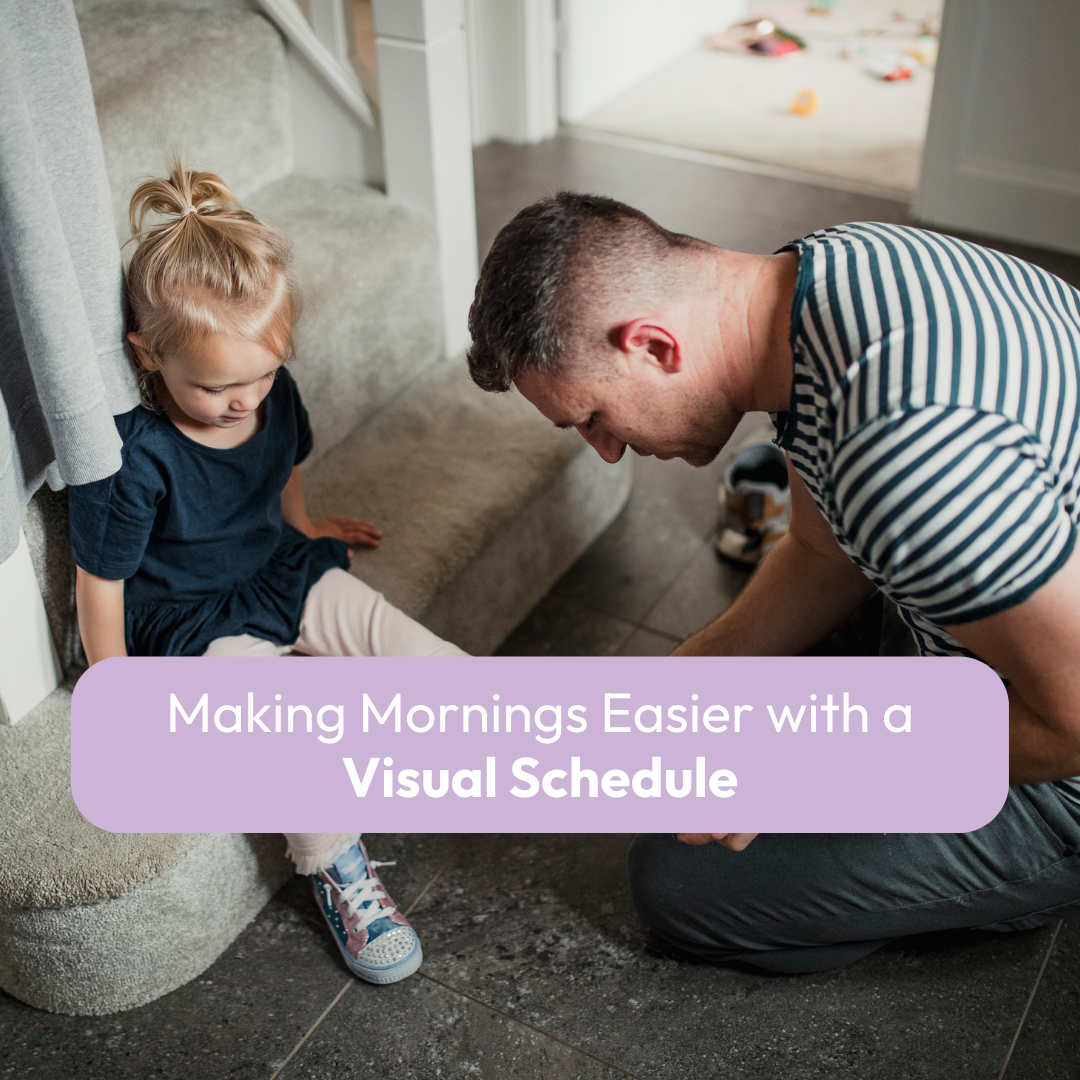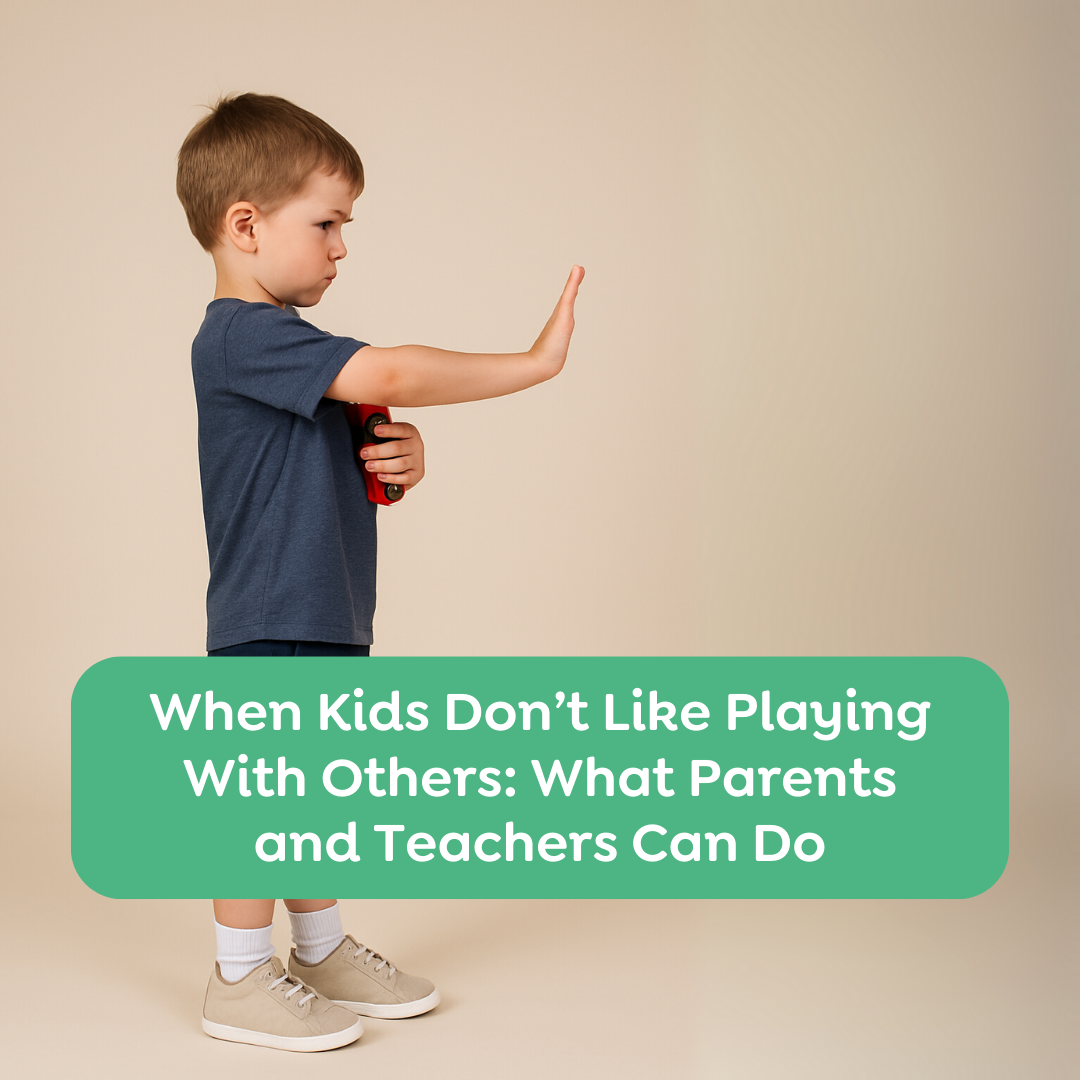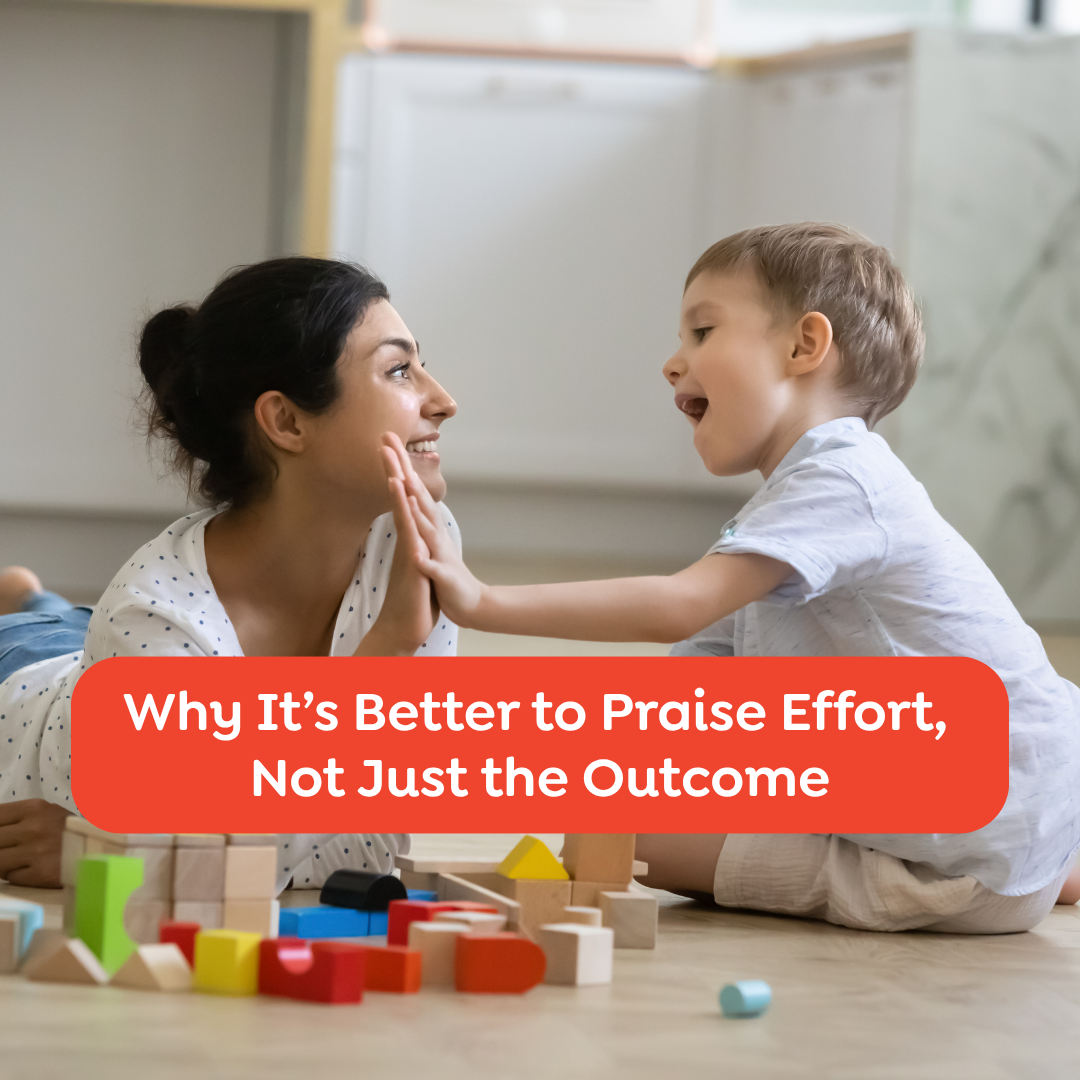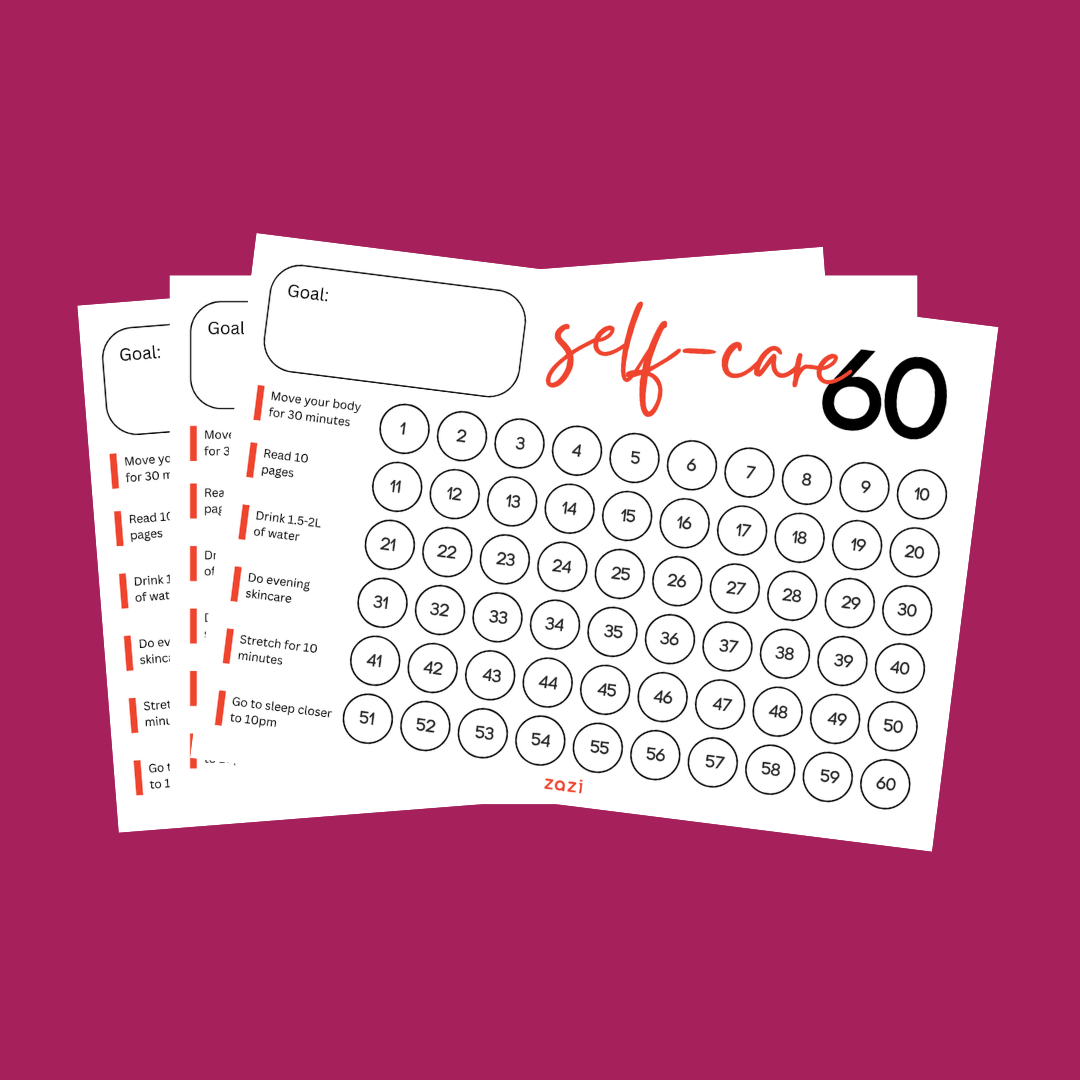Stuck in a shouting cycle?
None of us want to shout at our kids. We do not plan for it. It slips out.
It slips out because that was how many of us were parented. It was what we saw modelled at school and in public. We learned that shouting was what made behaviour stop quickly.
When our child does something we do not like, we often feel overwhelmed and triggered. We become dysregulated and we react fast - just like our kids. We are tired and overstretched and embarrassed - and shouting seems to make kids stop in their tracks pretty quickly. Sometimes they even laugh when we shout at them - which seems to prove to us how 'naughty' they are.
But research shows that the negative effects of shouting are frighteningly similar to the negative effects of physical harm. Adults in the past often shouted, saw behaviour stop and assumed it was discipline that worked. In reality the child was scared and moved into a stress response. A scared brain is dysregulated. Dysregulated brains cannot learn. When children cannot learn what they should do next time they often misbehave more. Then adults shout again and the cycle continues.
We are re-parenting ourselves
We are the generation trying to break this. The emotional labour of this is heavy - we mustn't underestimate it. Many parents are trying to re-parent themselves through short form advice online, and it's hard work to learn new ways when you did not see them growing up.
You deserve credit for even being here reading this and wanting to do it differently.
We must fill our own cup first
A dysregulated parent cannot regulate a dysregulated child. You cannot expect yourself to stay calm if your body is running in survival mode. Sometimes you are not reacting to the child in front of you, you are reacting to old wiring and old threat responses that still live inside you.
When you take the time to understand and support your own nervous system, you parent from your thinking brain instead of your threat brain. Children learn better from the calm version of you.
Simple regulation habits help:
• get outside and move your body when you can - even with your child in the pushchair
• fuel yourself properly instead of surviving on crumbs and leftovers
• model taking a short breathing break rather than pushing through and snapping
• choose things you enjoy as a person too because you matter
Prioritising yourself is protective. Your child benefits when you are steadier and more regulated - though we all know it's easier said than done when we're deep in laundry with dinner to cook, toys everywhere and the children are fighting.
Holding boundaries with respect
Respectful boundaries are still boundaries. They can be calm, warm and clear. Children need an adult who will guide them and support them through the moment instead of frightening them out of the moment.
Last night my four year old did not want to leave the park and wow did she make that known by screaming and crying when the 'last play' warning was up and it was really time to go. She tried to run away because that's what her little brain told her would help her get her own way. I gently stopped her and acknowledged she wanted to stay. I told her I would help her move forward and I picked her up and carried her to the car. She shouted and screamed because she was already dysregulated. Waiting on the grass for her to calm down would not have respected the boundary. We would still be there now! I kept talking positively about what we would do at home - checking on the teddies and seeing what mischief they might have caused while we were out. I didn't try to stop the crying (even though it was loud and overstimulating for me) because she needed to express that.
People often think gentle parenting does not work because they picture it as just speaking kindly and never correcting children. That is not what it is. Gentle and respectful parenting is backed by research. It sits within authoritative parenting which means being warm, clear, firm and fair all at the same time. You are not letting behaviour go. You are still holding limits and following through. You are just doing it in a way that keeps the moment calm enough that your child can actually learn what they should do next time. Children learn best when they feel safe and supported instead of scared or threatened.
Why feeling like a good kid matters
Children who feel like good kids are more likely to act like good kids. When they get shouted at often, they can start to believe they are naughty. When they believe they are naughty, they keep acting in ways that match that belief. They get used to being shouted at so you end up shouting more to get the same response. Nothing improves.
Remember - there is no such thing as naughty. All behaviour is communication.
Think about this at work. If your boss shouted at you every time you made a mistake, you would not respect them or feel motivated to try harder. You would shut down and just try to get through the day without upsetting them. But if your boss calmly showed you what to do next time, helped you fix it and praised you when you improved, you would want to do better because you would feel valued. Children respond the same way. When they feel understood, respected and supported, they are more likely to listen and follow your lead.
A simple flow to follow
• Be a detective and think about what the behaviour is trying to communicate
• Gently stop the behaviour
• Offer an alternative that still meets the same urge in a safer way, for example if they are jumping on the couch you could offer jumping on cushions or on the floor
• Try to meet the underlying need, ask yourself if they are hungry, tired, overstimulated, needing movement, needing the toilet or needing a change of scene
• Once they are regulated again talk through what happened with simple language, for example “you really wanted to draw, we cannot draw on the walls but we can draw on paper and stick it on the wall together, shall we make some art?” or “it sounded like it was too loud in there and you were shouting because it felt overwhelming, you can say ‘I want to leave’ and I will help us move on”
Then anticipate and prevent next time. Remind them of the behaviour you want before you start. “Here are the pens, you can draw on this paper.” “We are going to the shops, remember you can give me a tap if you need help to leave.” This does not mean we drop everything as soon as our child asks. It gives them a communication pathway before behaviour escalates.
Reducing shame
We all shout at times. Sometimes you must raise your voice for urgent safety. This is not about perfection. This is about reducing shouting and increasing connection. You are still a good parent if shouting slips out sometimes - there's no shame in apologising to your child and talking about what you'll do differently next time. I do it all the time: "Sorry - I felt a bit frustrated then and started to raise my voice when I shouldn't have. Next time I'll come and help you to stop instead of shouting".
You are in the right place to change this cycle. You do not have to do this perfectly. You just need to keep showing up with curiosity and cutting yourself some slack.
You've got this.
For a more thorough chat about gentle and respectful parenting, listen to season 2 episode 5 of the You've Got This Podcast.











